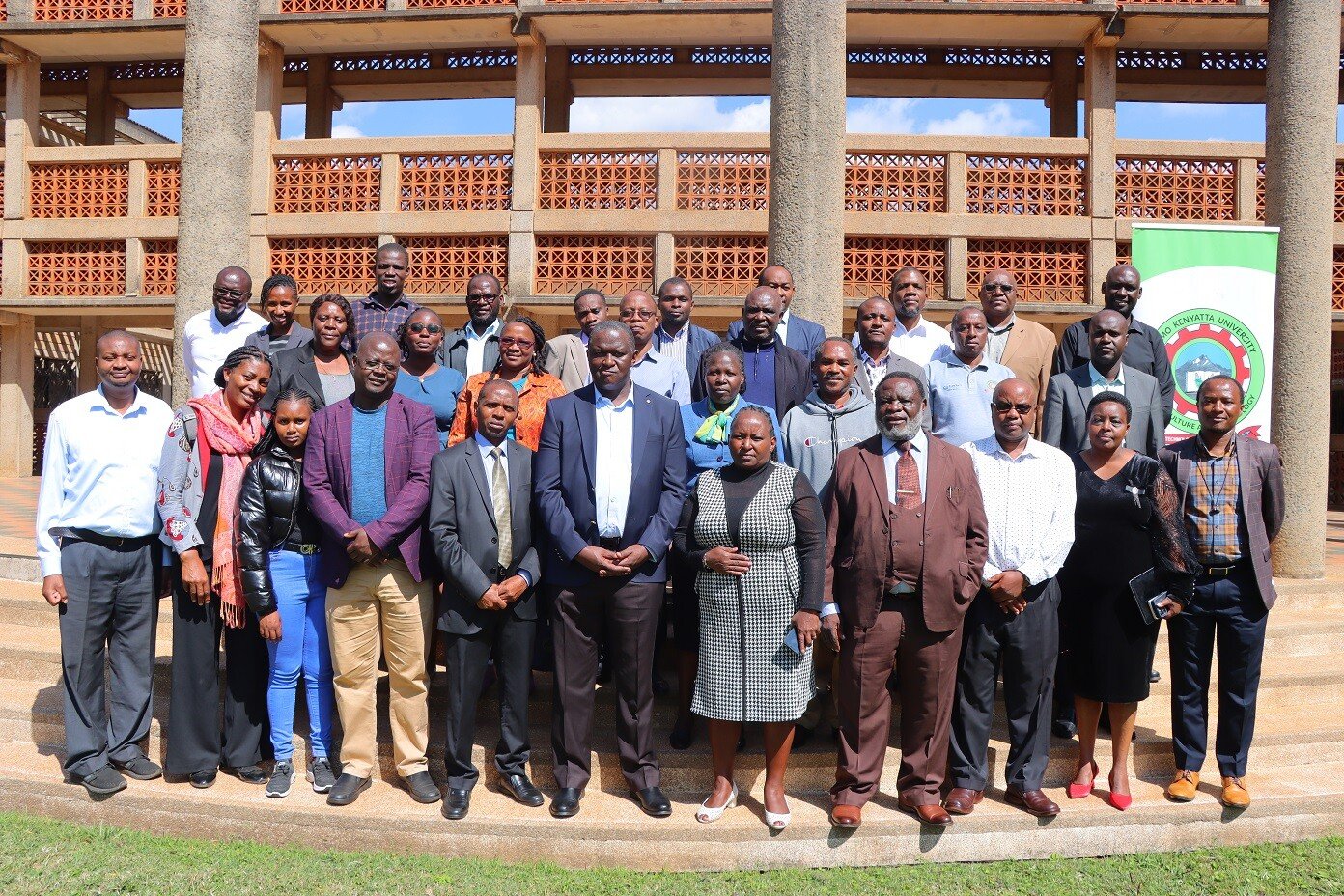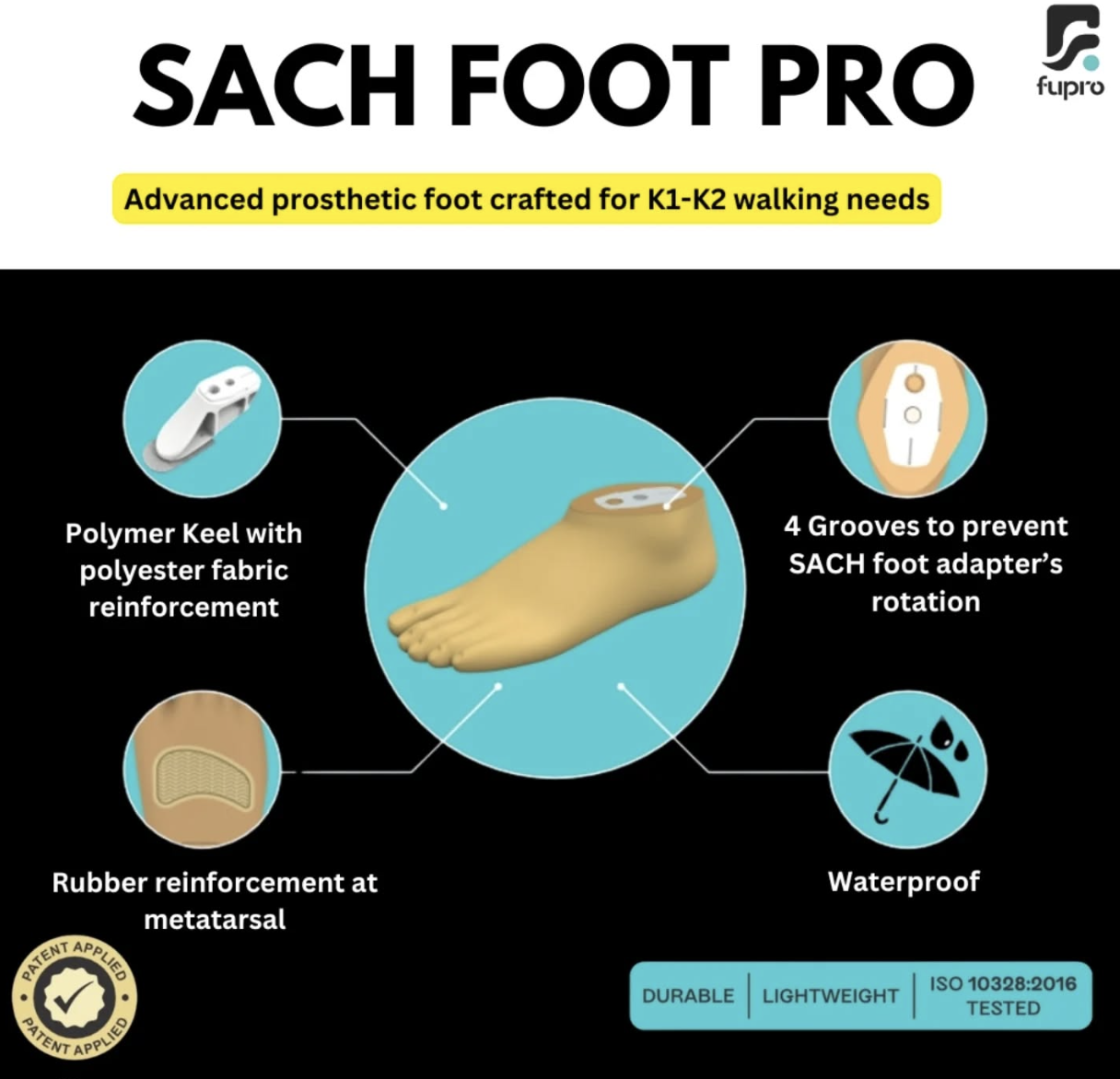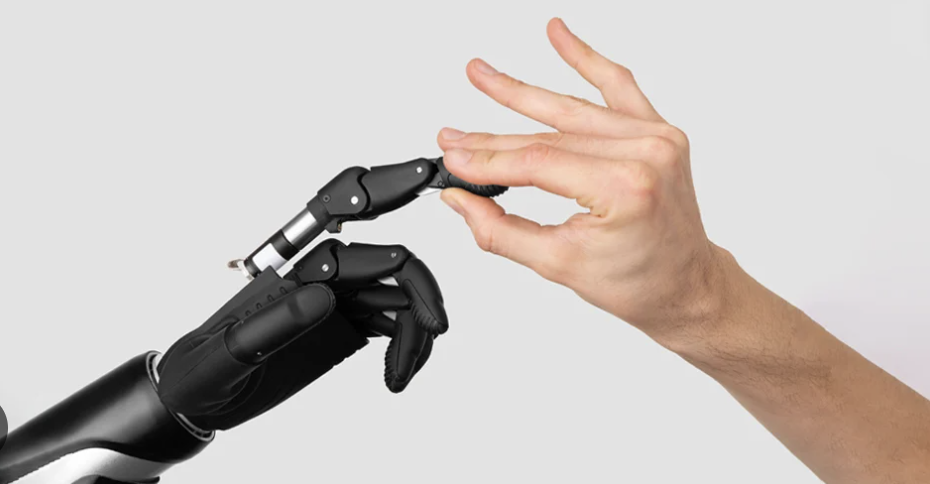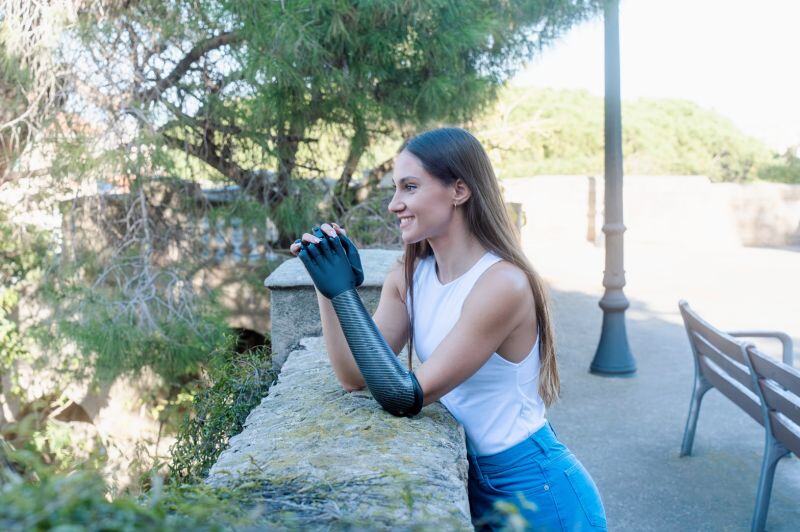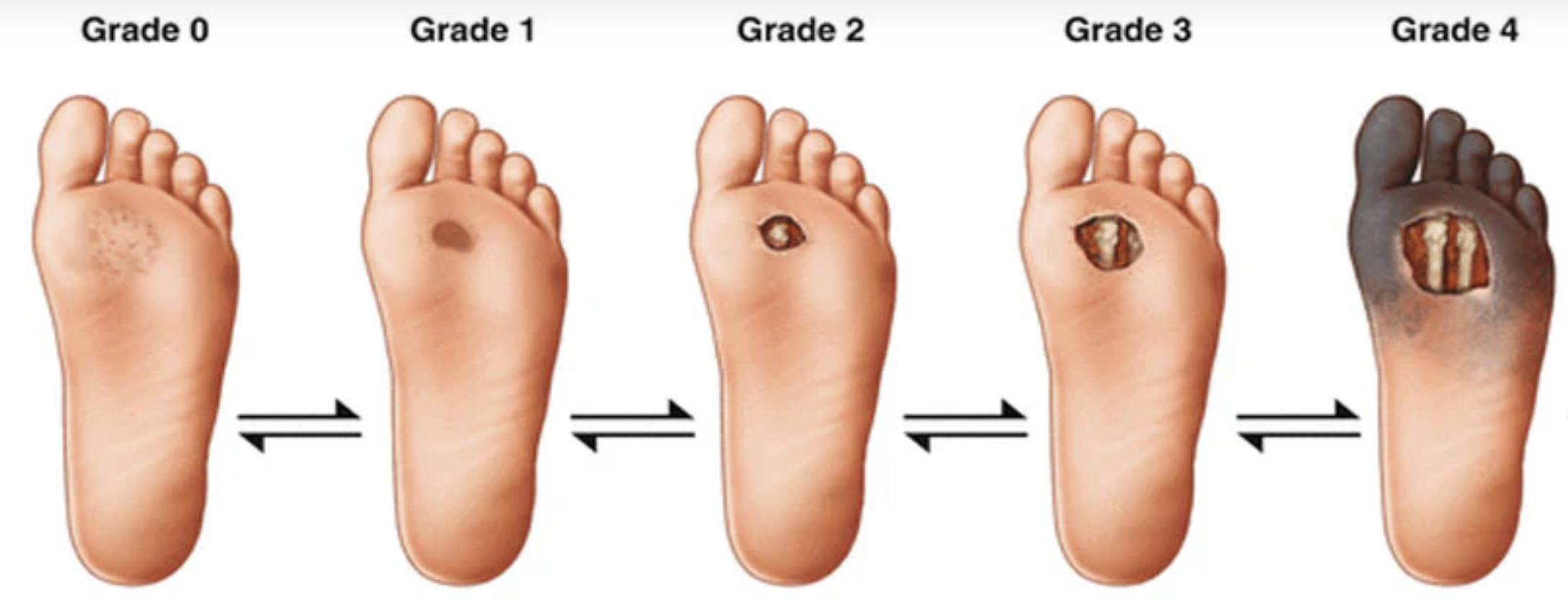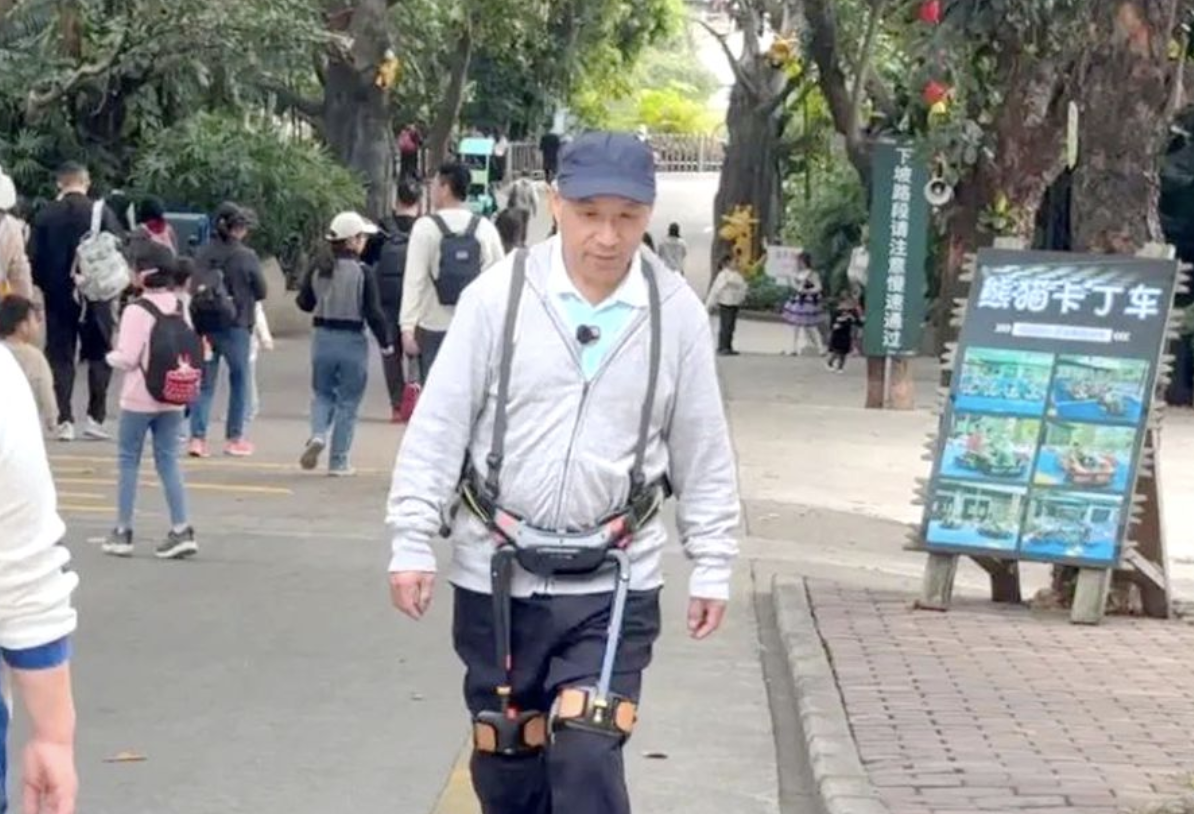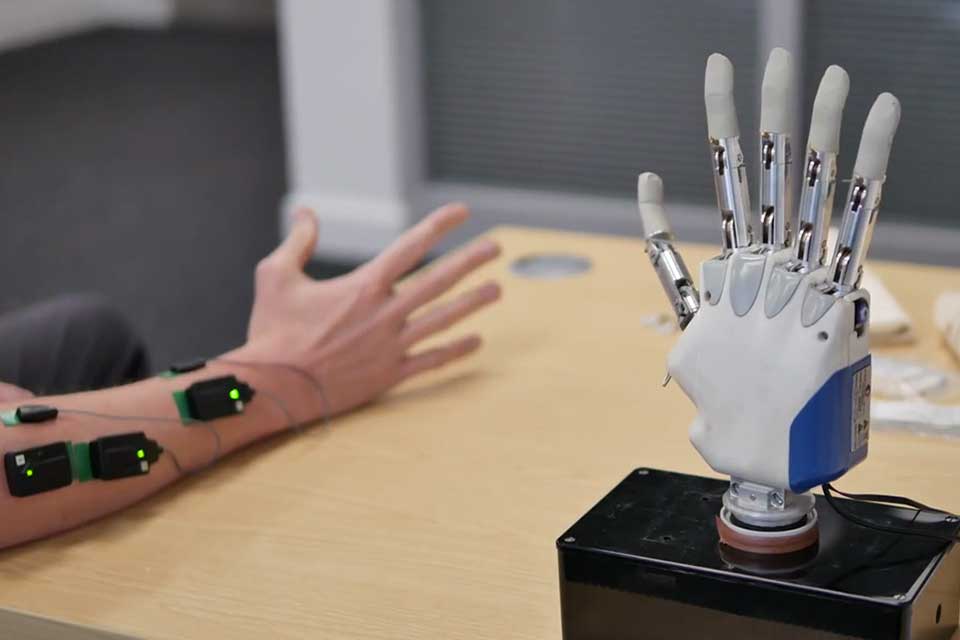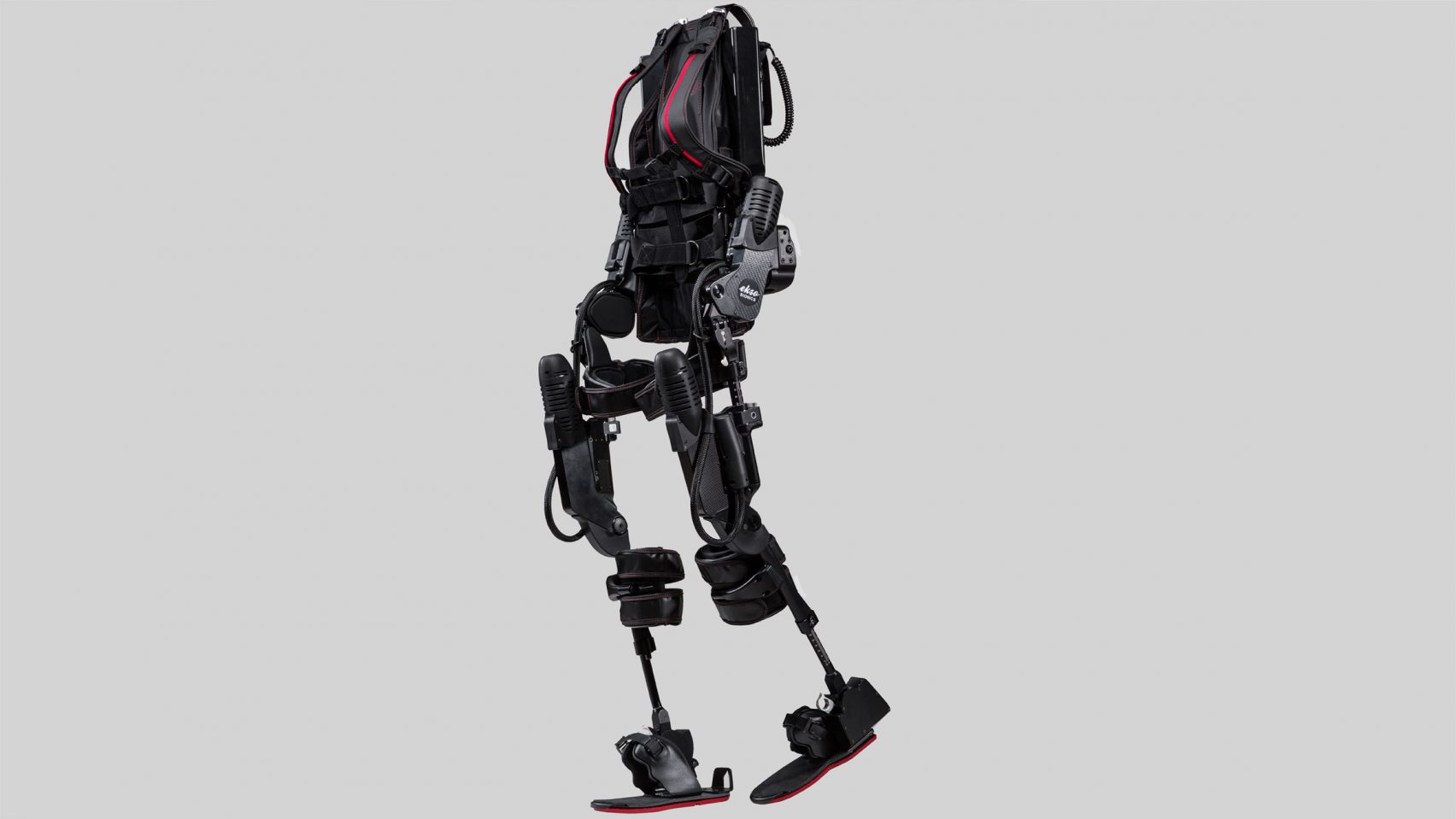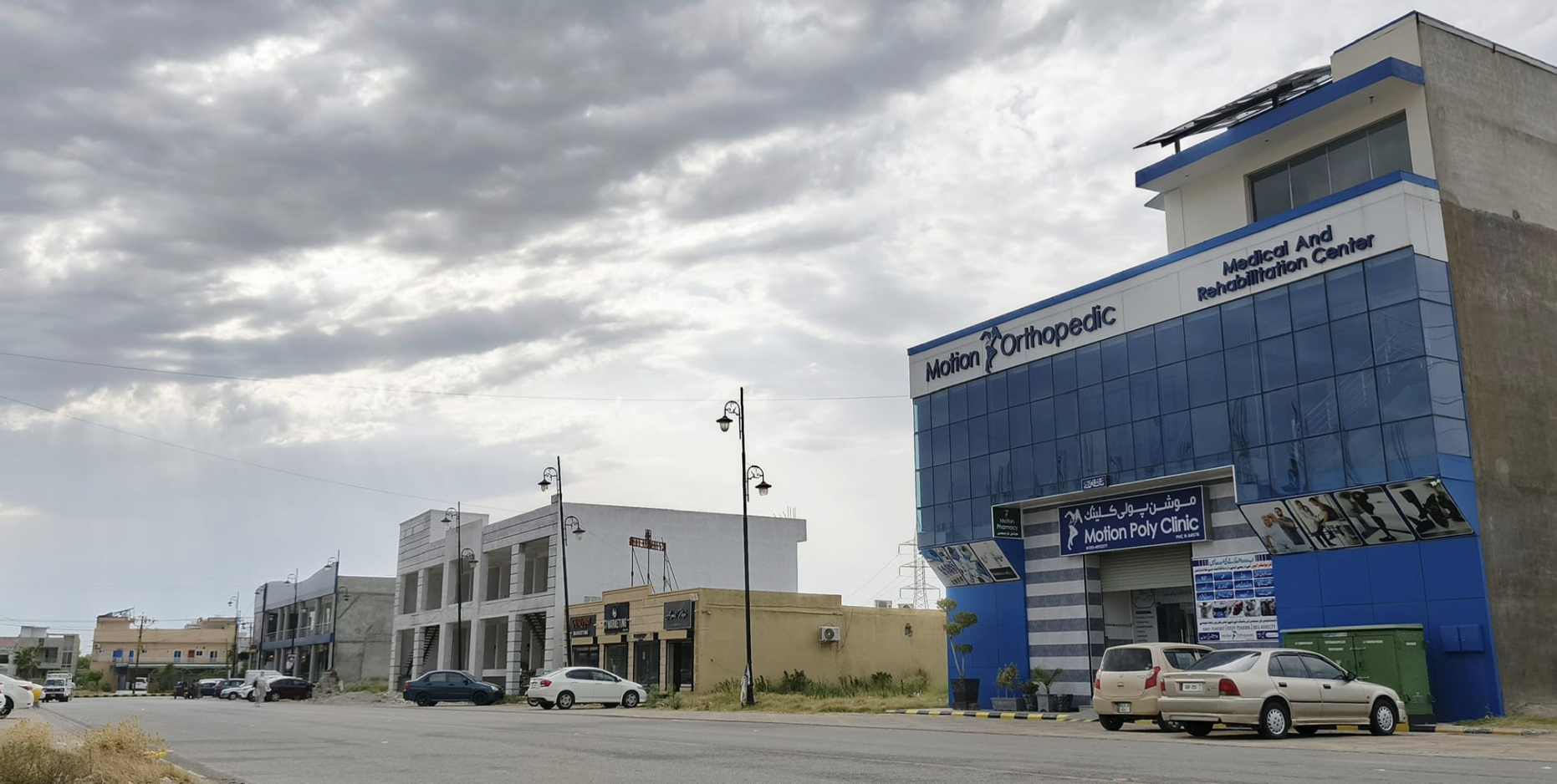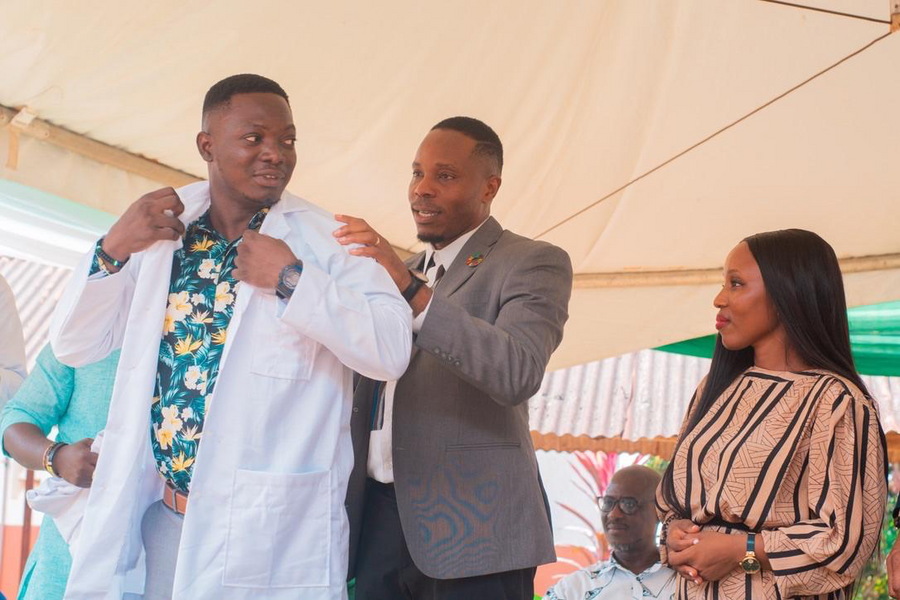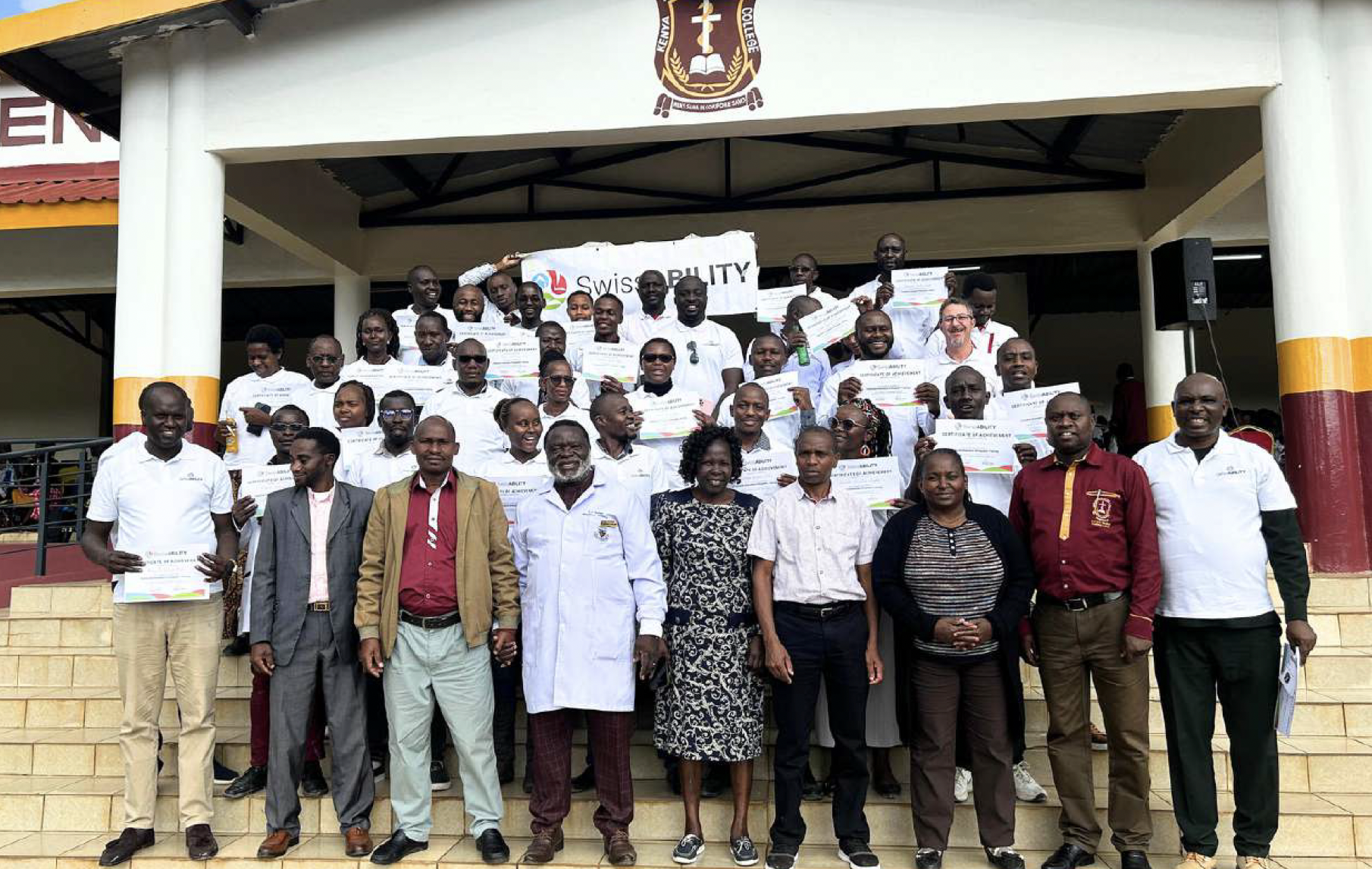The Clinton Health Access Initiative (CHAI) recently sponsored a workshop aimed at developing a comprehensive curriculum for the local manufacture and training of professionals in healthcare services to enhance and support the growing demand for prosthetic and orthotic care in Kenya.
The workshop brought together a diverse group of experts, including orthopedic technologists, engineers, healthcare professionals and educators, industry partners and the Ministry of Health (MoH) at the Jomo Kenyatta University of Agriculture and Technology (JKUAT) on June 3-7, and July 15 – 19 , 2024.
The main goal was to create a comprehensive curriculum for the Bachelor of Science in Prosthetics and Orthotics.
The program aims to cover both the technical aspects of prosthetics and orthotics manufacturing and ensure that local healthcare providers receive adequate training to meet the needs of the Kenyan population.
Prosthetics and orthotics are specialized fields within healthcare focused on designing, fabricating, and fitting artificial limbs (prosthetics) and supportive devices (orthotics) to enhance the mobility and functionality of individuals with physical impairments.
Prosthetics are used to replace missing limbs and improve the quality of life for amputees, while orthotics provide support and correction for conditions such as spinal injuries or deformities.
The initiative, as explained by Antony Mukui, a Program Manager at CHAI, is part of the AT Scale project on rehabilitation and assistive devices and stems from the recognition of a significant gap in the availability of prosthetic and orthotic services in Kenya.
Many individuals in need of these services experience limited access, primarily due to the high costs of imported devices and the shortage of trained professionals.
“Research conducted by the Kenya Demographic and Health Survey (KDHS) in 2022, revealed that 5 million Kenyans live with some form of disability, and 3 million lack access to appropriate Assistive Technology (AT) devices as well as the necessary infrastructure and equipment. This deficiency impacts maintenance and repairs, particularly affecting mobility and therefore limiting their ability to participate in daily life activities (ADLs),” explained Mr. Mukui
The Principal, JKUAT College of Health Sciences, Dr Reuben Thuo noted during the opening of the workshop that the need to develop a localized curriculum was motivated by the desire to empower local industry to produce high-quality, affordable prosthetic and orthotic devices and to cultivate a skilled workforce capable of providing these services within the country.

During the workshop, participants led by the Chief Physiotherapist at MoH, Ms. Martha Mmasi and Chairman Department of Rehabilitative Sciences, Dr. Mwangi Matheri held a series of engaging collaborative sessions to identify key components of the curriculum.
Participants were drawn from JKUAT, Moi University, Moi Teaching and Referral Hospital (MTRH), Kenya Medical Training College (KMTC), Kenyatta National Hospital (KNH), Circleg, and Ottobock, representing various sectors of the industry.
Emmanuel Mayakah, Circleg’s regional manager, expressed his enthusiasm for the opportunities this program offers for collaboration, research, and development, noting that it aligns perfectly with their mission to drive technological advancements and improve prosthetic care standards.
“The initiation of a BSc in Prosthetics and Orthotics at JKUAT marks a groundbreaking milestone for Kenya and the region. For Circleg, this represents a major step forward in enhancing the quality and accessibility of prosthetic care. By educating a new generation of skilled professionals, we will see significant improvements in patient outcomes and innovation within the industry,” said Mayakah.
Following the culmination of the workshop which was guided by the Director of Directorate of Quality Assurance at JKUAT (DAQA) Dr. Christiaan Adenya The next steps involve securing necessary approvals from educational and healthcare authorities, which include the followed by the rollout of training programs and the establishment of local manufacturing units.
During the closing ceremony, Dr. Matheri expressed his satisfaction with the significant milestone achieved as JKUAT prepares to launch the Centre of Excellence, which will focus on assistive technologies to enhance healthcare accessibility for persons with disabilities, therefore bridging gaps in healthcare delivery.
